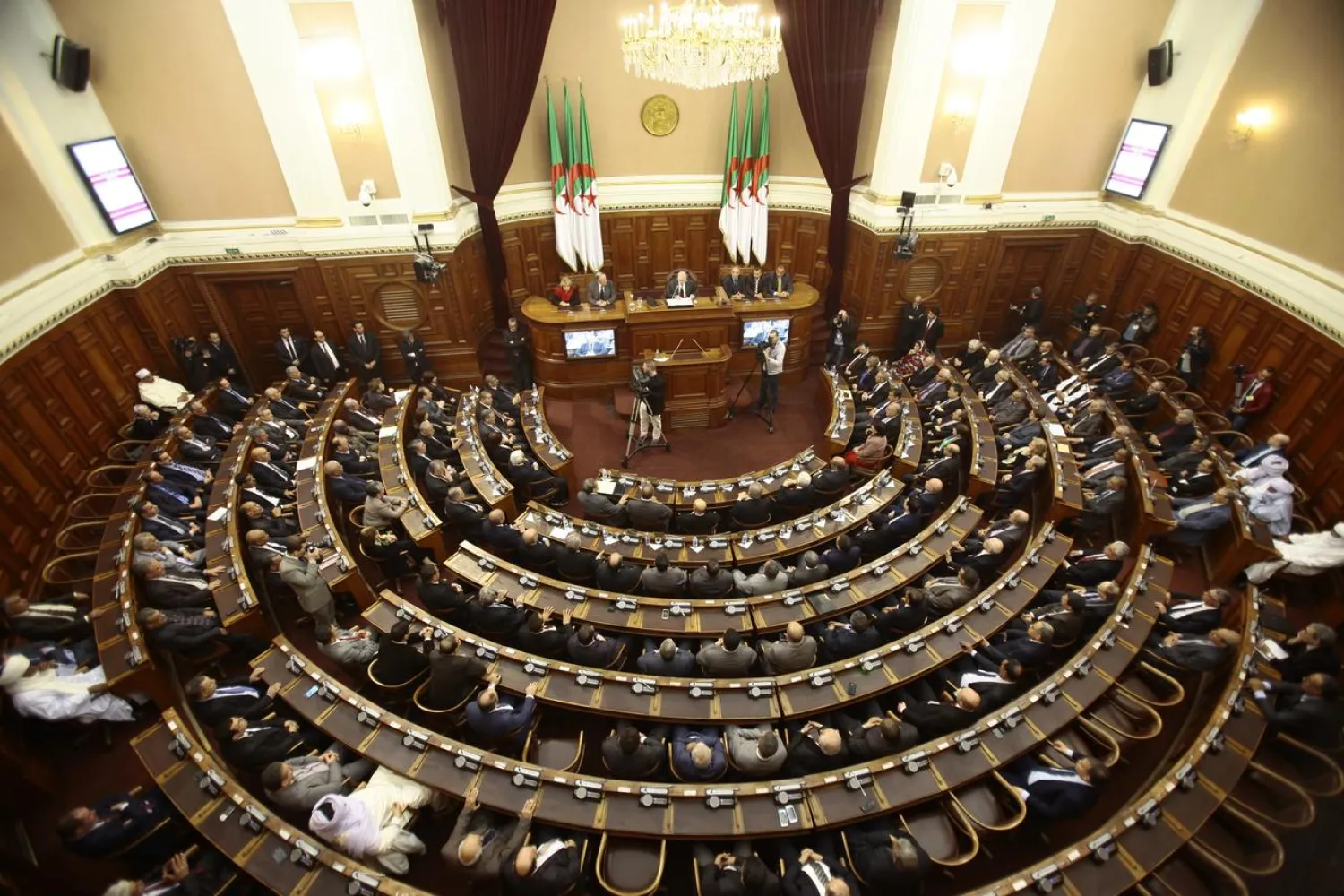Algerian lawmakers approved a law on Sunday allowing foreign investors to take majority stakes in projects in "non-strategic sectors" as Algeria seeks to diversify its economy away from oil and gas.
MPs also endorsed hikes in gasoline and diesel prices and new taxes on cars to help the country offset a sharp fall in energy earnings.
"The economic downturn worsened after the coronavirus outbreak. The state is working to reduce the social effects of this crisis and improve sources of public income," Finance Minister Abderrahmane Raouya told parliament.
The government announced its plan to open up non-strategic sectors to greater foreign investment early this year and the OPEC member's need for diversification has been made more acute by the recent crash in oil prices following the coronavirus pandemic.
The slide in global crude oil prices forced the Algerian government to cut spending and postpone projects previously planned for 2020, although it kept subsidy policy unchanged to avoid social unrest.
As a result, the government expects the economy to shrink by 2.6% this year, against 0.8% growth in 2019.
After Sunday’s approval of the law, the cost of regular gasoline, premium gasoline and unleaded gasoline will rise by 5.7%, and the price of diesel will increase by 15%.
"The price increases are harmful to the purchasing power of citizens," said lawmaker Lakhadar Benkhellaf of the opposition Justice and Development Front party.
Pro-government lawmakers called for more steps to reform the economy and reduce its reliance on oil and gas.
The government has said strategic sectors include mainly the energy and pharmaceutical industries.
"We need alternative solutions such as productive investment in the agriculture and tourism sectors," said Mohamed Hadji of the Democratic National Rally party.










